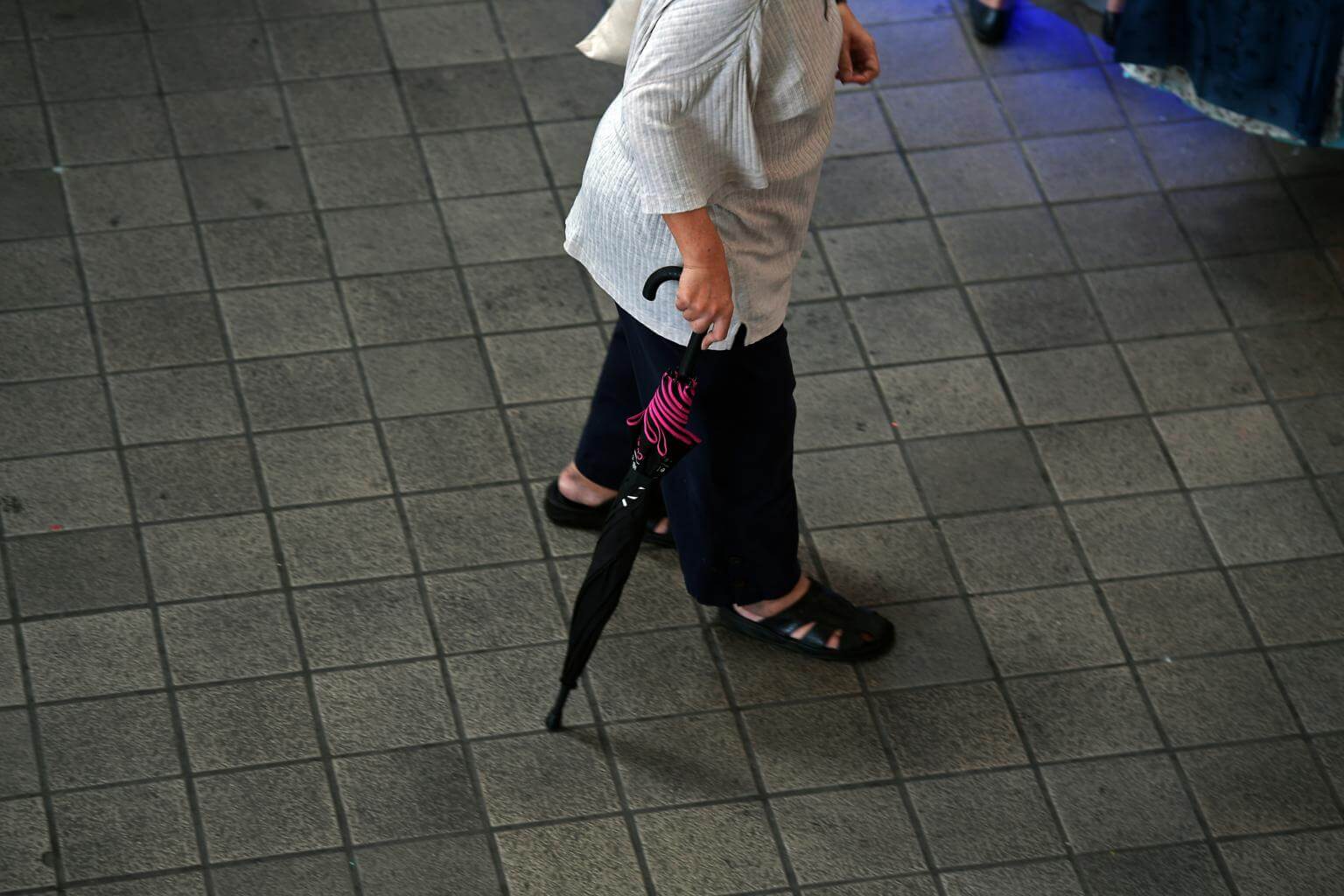Number of suicides among seniors hits record high
129 seniors took their own lives last year, even as figures dropped for other age groups
Sign up now: Get ST's newsletters delivered to your inbox

129 people aged 60 and above committed suicide last year - the highest number recorded for this age group since suicide numbers began to be tracked in 1991.
PHOTO: ST FILE
The number of seniors taking their own lives hit a record high last year even as the total number of suicides dipped - raising concerns among counsellors that seniors may not be getting access to the support they need.
According to a breakdown of government statistics provided by suicide prevention agency Samaritans of Singapore (SOS), 129 people aged 60 and above committed suicide last year - the highest number recorded for this age group since suicide numbers began to be tracked in 1991.
The suicide figures for every other age group fell and the total of 361 suicides reported last year was 15.8 per cent lower than the 429 in 2016.
That meant that the proportion of suicides committed by those aged 60 and above - typically somewhere between 25 and 30 per cent each year - hit 35.7 per cent last year.
"It is very worrying that many of the elderly are turning to suicide as the only choice to end their pain and struggles, when they should be enjoying the lustre of their golden years," said Ms Christine Wong, executive director of SOS.
"With the elderly population in Singapore increasing steadily, suicides in this population may be expected to continue rising."
Another cause for concern: usage patterns of SOS' 24-hour hotline showed that calls made by seniors dropped by 18 per cent - from 6,904 calls in 2016 to 5,652 calls last year.
Said Ms Wong: "We need to find out the barriers that prevent them from getting through to SOS, and if they know where and what are the other available help resources."
A spokesman for Fei Yue Community Services said most elderly people may not know who to turn to for help or how to do so, either out of ignorance or reluctance to find out. "Those who are aged and sick, have little or no family or dependant help, and are socially isolated, may be more susceptible."
Ms Wang Jing, assistant director of Hua Mei Counselling and Coaching at Tsao Foundation, said changes in family patterns could be a contributing factor to the rise in suicides among the elderly.
"For most older people, families are their closest ties and where they first turn to for help but the family size is getting smaller and the number of elders living alone or with an elderly spouse is going up."
Most adult children live busy lives and may not be able to give as much attention to parents as the elderly need or expect, she added.
"Elder isolation is something we need to address in order to tackle elder suicide," she said. "Living with another person does not necessarily mean one does not become lonely or isolated. Interaction and emotional support are key."
Volunteers have an important part to play, said Ms Wang, noting that more people need to be trained to recognise signs of depression and suicide risk, and to establish channels to flag people at risk to professionals.
Similarly, physicians, social workers and counsellors of eldercare services should make it a point to look out for signs of emotional distress and to use standard assessment scales to identify risks and activate safety plans, she said.
"Suicide is... an extreme situation when people want to put an end to their continuous pain and feelings of overwhelming helplessness," said Ms Wang.
"If steps are taken early to manage seemingly insurmountable... problems, suicide may not occur," she added.
• If you or someone you know is having suicidal thoughts or is in emotional distress, call SOS' 24-hour hotline on 1800-221-4444.


